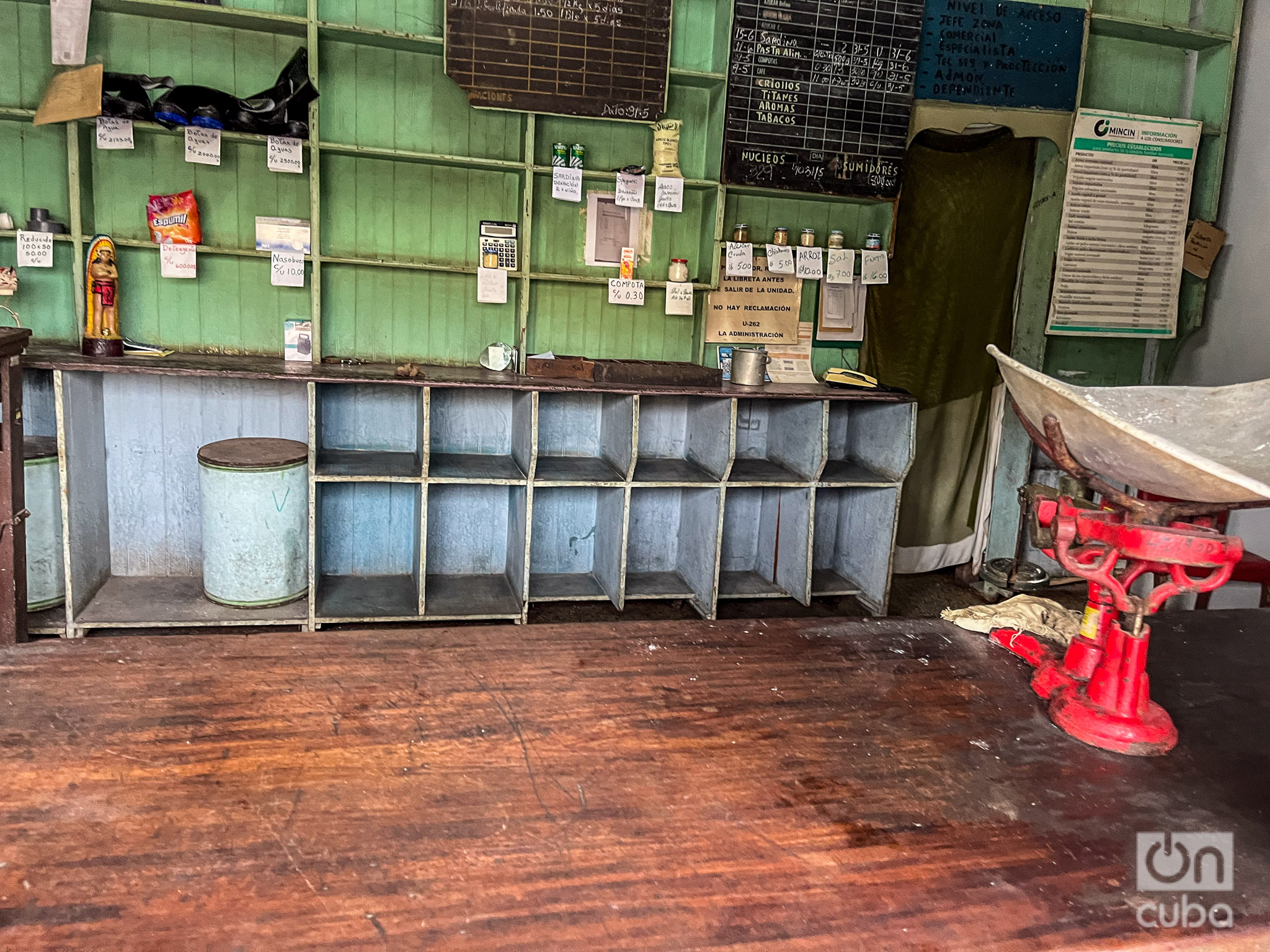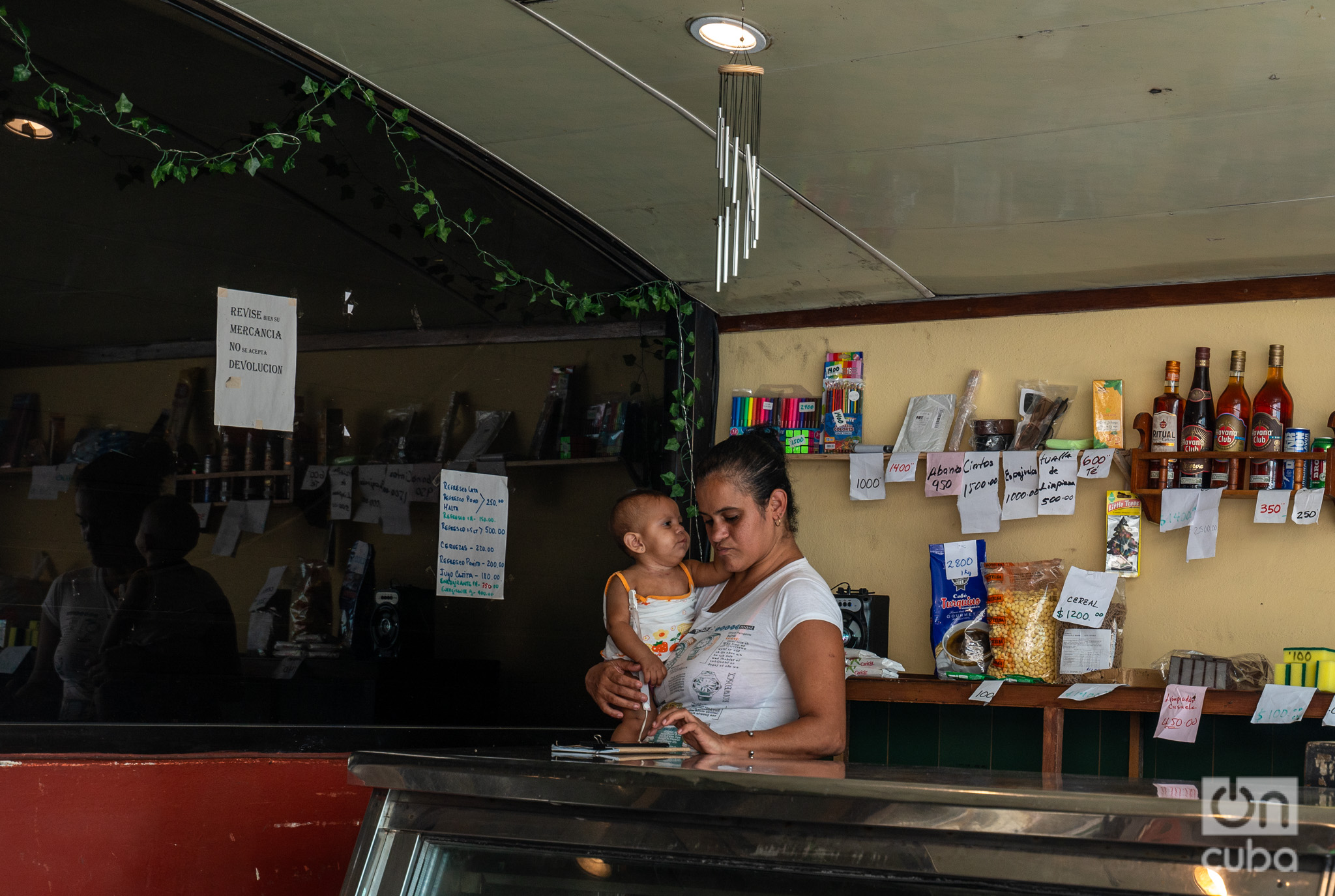Some of us think that the approval of MSMEs in the summer of 2021 has been the most important economic, social and political event in recent years, no other compares. This fact forced the introduction of institutional changes never before seen in Cuba, it turned enthusiasm into possibility, it opened the door of hope for many and, above all, it allowed us to verify the entrepreneurial capacity of our people, surprising even those who were beginning to venture.
The gestation was a long process that began long before the Guidelines and that took at least ten years in its final stage. But if the birth pains were intense, it seems that the postpartum pains are just as acute.
For a great many of those who study these topics, MSMEs in general contribute positively to reducing inequality, poverty and improving the living conditions of citizens, playing a decisive role in formal and informal employment.
During these barely two and a half years of life of MSMEs, I have observed how those ideas originally proposed by President Raúl Castro have been diluted, within a sea of prejudices and suspicions, which have led to identifying MSMEs as the cause of several of the problems that our economy suffers from.
I have also been accumulating questions, some that have been asked to me in different scenarios and others that have arisen in the heat of debates with colleagues who share the fortune of being economists.
Are MSMEs in Cuba consistent with the transition to socialism?
There does not seem to exist anything in the theory of the transition to socialism that denies this coherence. The initial documents that guided the transformation of the Cuban economy and society starting in 2011, the Guidelines and Conceptualization, on the contrary, argue for its necessity. At the Sixth Congress of the Communist Party of Cuba, Raúl Castro, its First Secretary, stated: “The increase in the non-state sector of the economy, far from meaning a supposed privatization of social ownership, as some theorists claim, is destined to become a facilitating factor for the construction of socialism in Cuba since it will allow the State to concentrate on increasing the efficiency of the fundamental means of production, owned by all the people, and getting rid of the administration of non-strategic activities for the country.”
A year earlier, also referring to the private sector, he had said: “What the Party and the government must do in the first place is to facilitate their management and not generate stigma or prejudice towards them, much less demonize them, and for that, it is essential to modify the negative appreciation that exists in many of us towards this form of private work.”
If we look at the measures that have been adopted concerning MSMEs, it could be stated that this modification was not achieved, rather the other one that reinforces the negative assessment of these new actors has been consolidated and expanded.
Are MSMEs the cause of the weak performance of state-owned enterprises?
The poor performance of state enterprises is an endemic evil of the Cuban state business system, long before the emergence of MSMEs. It has to do with the institutional environment that hinders its dynamics, with the lack of autonomy that this institutional framework produces, with its subordination to the Ministries, with the supplantation of the authority of businesspeople, with the aversion to risk that centralism’s decision-making generates.
Are MSMEs the cause of the insufficient supply of goods?
It turns out that for six decades the supply of goods has been insufficient. Neither national production nor imports have been enough to achieve a supply where citizens can fully satisfy their effective demand. Not even in the era of parallel markets and even less so after the 1990s. The survival of the Ration Book is the best proof.

Are MSMEs the cause of inflation and the depreciation of the Cuban peso?
There is much written about it by scientists of recognized authority. The large fiscal deficit, its monetization, the reduction in supply, the weak national production, the uncertainty that the absence of a consistent monetary policy, and the expectations of citizens in this situation are the true causes of inflation.
If tomorrow a second season of the 1968 Revolutionary Offensive were decided and all MSMEs and self-employed workers were suppressed at a stroke, far from inflation disappearing, it would be much higher. That they can contribute to inflation is undoubtedly also true, but using them as a scapegoat to hide the failures of the State is neither honest nor useful.
Are MSMEs the ones that have caused municipal commerce and gastronomy enterprises to be permanently at a loss?
It is very difficult for a business without a supply of products to survive, much less compete. When these enterprises must also face exchange rates that put them at a disadvantage or accept imposed prices that often prevent them from recovering their costs, then it is very difficult to avoid permanent operation at a loss. However, in this case, the question we must ask is another: Is it necessary for the State to manage these enterprises? How strategic are they?
Are MSMEs the main cause of the high fiscal deficits of recent years?
Only two data: first, transfers to the state productive sector are around 25% of current spending; second, the poor performance of the state productive sector covers between 85% and 90% of state income. The practice to which the Cuban authorities have repeatedly appealed has been to increase taxes and contributions for state investment to obtain more income for the budget, which leads in the medium term to discouraging production, which is repeated over and over again and deprives enterprises — all of them — of the capacity to grow and improve their competitiveness.
Are MSMEs the reason for the low investment rate and weak and insufficient foreign capital flows?
The country’s investment rate has not exceeded 11% since long before the birth of MSMEs. It is well documented that this low investment rate is the product of the poor results in economic growth and the high marginal and average propensity to consume, typical of any low-income country.
A small market, enterprises that do not meet their payment commitments, withholding of foreign investors’ dividends, organizations that do not efficiently fulfill their functions and the tightened U.S. blockade are the objective factors that make the Cuban market uncompetitive for foreign investment.
Are MSMEs the real cause of a shortage of cash?
Without a doubt, the volume of cash operations carried out by MSMEs and self-employed workers are factors that increase the shortage of cash. Two other factors must be considered:
- the absence of an official exchange market where to acquire the dollars necessary to import leads to the accumulation of cash;
- the loss of confidence of businesspeople and the general public also leads to the accumulation of cash outside the banks.
On the other hand, regulations on permitted extraction amounts are another objective factor that drives accumulation. It is the accumulated and unresolved distortions, both in the monetary and banking spheres, that have generated this behavior.
Are MSMEs the cause of inequality and poverty?
Without a doubt, the high income obtained by some of the MSME and self-employed partners contributes to the growth of inequality, especially in the absence of compensatory public policies.
The low income that the state sector has today — especially the budgeted one — and the low purchasing power of retirees’ pensions is another objective factor that increases inequality. But MSMEs have very little responsibility for this.
The other side of the coin is that in these less than three years MSMEs cover 297,000 jobs, and, of them, 213,000 are new jobs in the economy. The entire state business sector has not been able to do something like this, nor has the Mariel Special Development Zone, although investors there receive special tax treatment.
If we accept that at least one person depends on each of these employees, then close to half a million people today do not obtain their income from the state sector, thus relieving the State’s finances.

Are MSMEs the cause of the massive emigration of recent years?
Obviously not, in any case they have become for many — 297,000 people — an opportunity to remain in the country. This should prompt authorities to stimulate/incentivize the growth of the sector instead of generating policies that affect/disincentivize the emergence of new small and medium-sized enterprises.
Following, I list some of the measures that have become a brake on the growth of the national small and medium-sized business sector:
- the limitation of social objects and complementary activities;
- the delay in reducing the negative list to allow the exercise of a group of professional activities;
- the introduction of elements of discretion in the approval process of new SMEs that deny what is established by the regulation;
- the elimination of the one-year tax exemption for newly created SMEs;
- the imposition of a 10% tax on wholesale sales;
- the increase in the price of rent for empty or underused premises by state enterprises;
- the systematic recurrence of price capping using an exchange rate (120 pesos for one dollar) that is far from real market conditions.
So, it is worth asking, are MSMEs considered traveling companions or stowaways?










